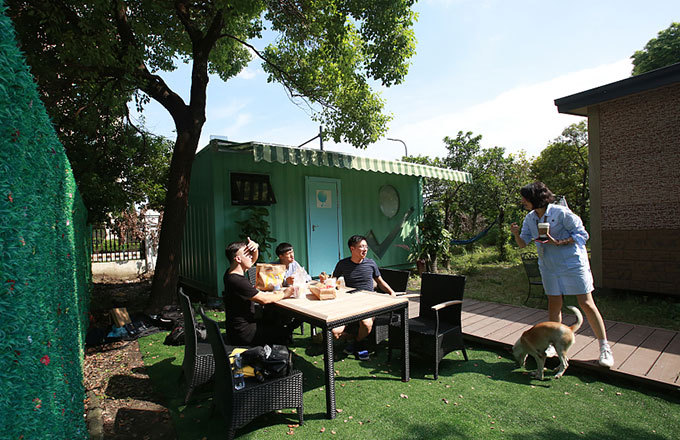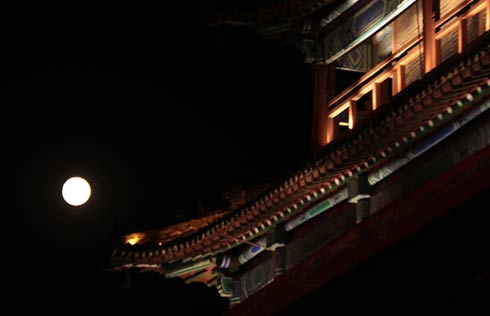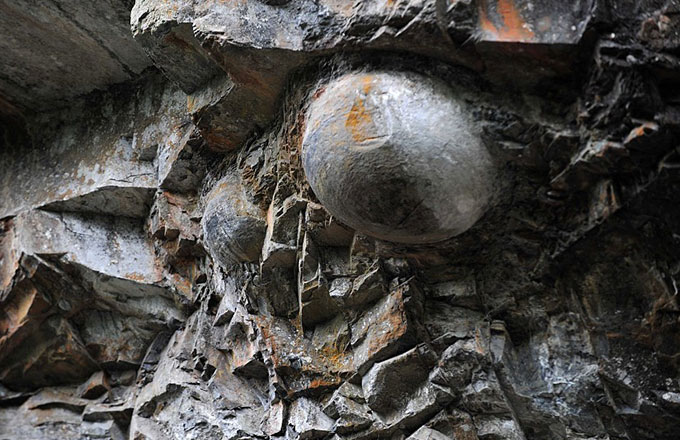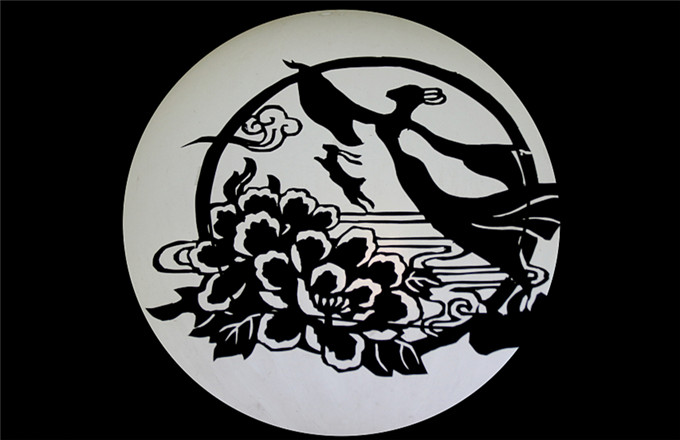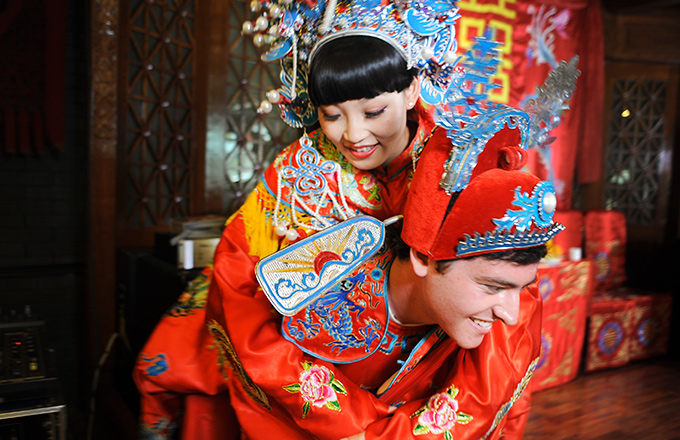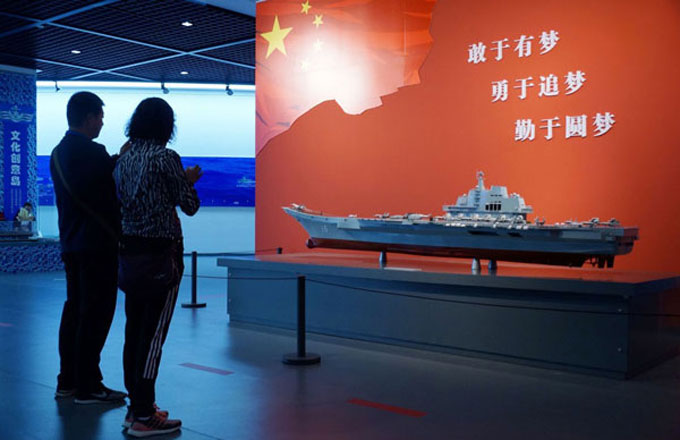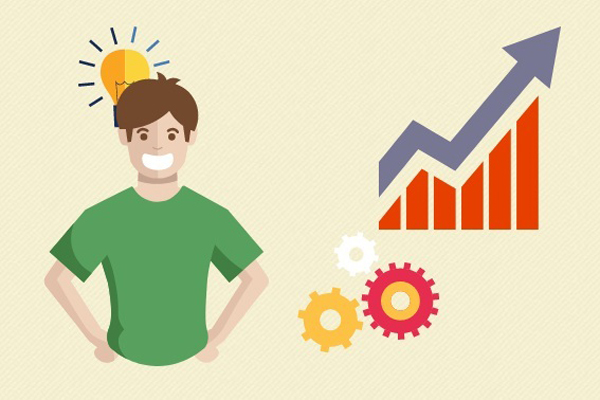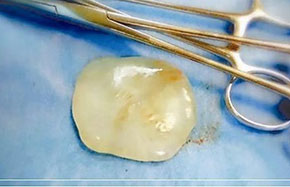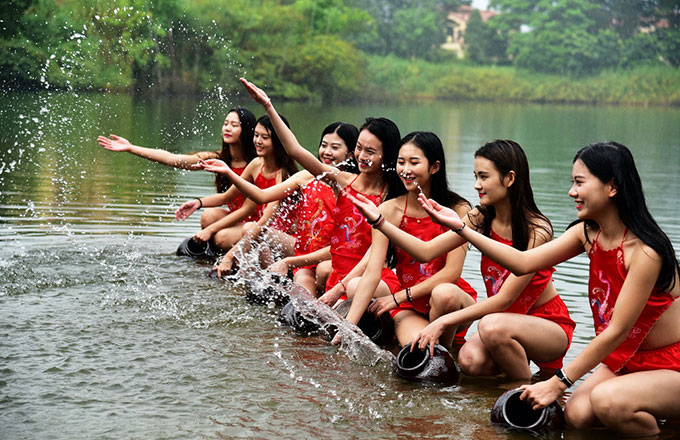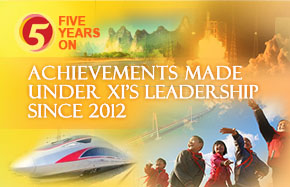Long March
Editor's note:
As the Communist Party of China celebrates its 90th anniversary, David Bartram explains how it has navigated political and economic twists and turns to reach its dominant position today.Ninety years after its formation in a small building in Shanghai's French concession, the Communist Party of China (CPC) presides over the world's second largest economy and a country that will arguably have a greater impact on the 21st century than any other.
Only 13 delegates attended the first congress in Shanghai in July 1921; today the CPC is the world's largest political party with around 80 million members. It is a transformation that few foresaw, only made possible by the CPC's ability to adapt to changing circumstances.
The early days of the CPC were a world away from its current status. Chinese reformers were forced to turn to the Soviet Union for support in founding a communist party. The Lenin-led USSR was happy to oblige, as it was then keen on spreading the communist ideal worldwide.
"The sponsorship of the Comintern in Moscow helped establish the CPC but did not ultimately prove successful," says Kent Deng, doctor of economic history at the London School of Economics (LSE). "The communist movement was initially defeated, leading to the Long March (a strategic retreat from Kuomintang troops). Although the Party moved to Jiangxi, it was forced to withdraw from most of China. It looked like the revolution was dead."
The Party struggled on, often in exile, through civil war and Japanese occupation. It was not until the end of World War II that Mao Zedong and the CPC saw their opportunity.
"After 1946, the Party became very proactive," says Deng. "They saw a very much injured Kuomintang side, led by Chiang Kai-shek, and threw everything in to win the war."
The significance of this victory, and the subsequent formation of the People's Republic of China, cannot be underplayed, even in terms of the development of China's transformation into a global economic superpower in more recent times.
"You can't consider 1978 and Deng Xiaoping's reforms as the beginning," says Martin Jacques, author of When China Rules the World. "The pre-conditions for what happened after 1978 were set in 1949. What China depended on above anything else historically was the restoration of its national sovereignty, the booting out of the various colonial powers and the restoration of the unity of the country which had been seriously eroded after 1911.
"This was Mao Zedong's achievement. This is why Mao is considered a more important figure than Deng Xiaoping in China, and they are right in that sense. Mao, for all his weaknesses, was a colossal figure historically."
But even with the issue of national sovereignty resolved, the CPC was to face a series of stark choices by the mid-1970s, as the country emerged from the "cultural revolution" (1966-1976), which had left China isolated from the rest of the world and struggling to provide for its population. It was the choices made in these years that redefined the Party, the country, and the world as a whole.
"Coming out of the 'cultural revolution', China faced a choice: Do we want the Gang of Four (the faction which controlled the nation during the 'cultural revolution') to control society and continue down the same path, or do we try something different?" says Deng of the LSE.
"The key issue for the leadership was how to feed the nation again. At the end of the 'cultural revolution', China had become a net food importer. Something had to change, but it was really just common sense."
- IEA says China remains leader of renewables
- Courier company fined for not checking parcels
- Documentary short film shows China's development via television
- Smaller, low-calorie mooncakes popular as Chinese avoid extravagance, overweight
- China hosts 461m domestic tourists during holiday


